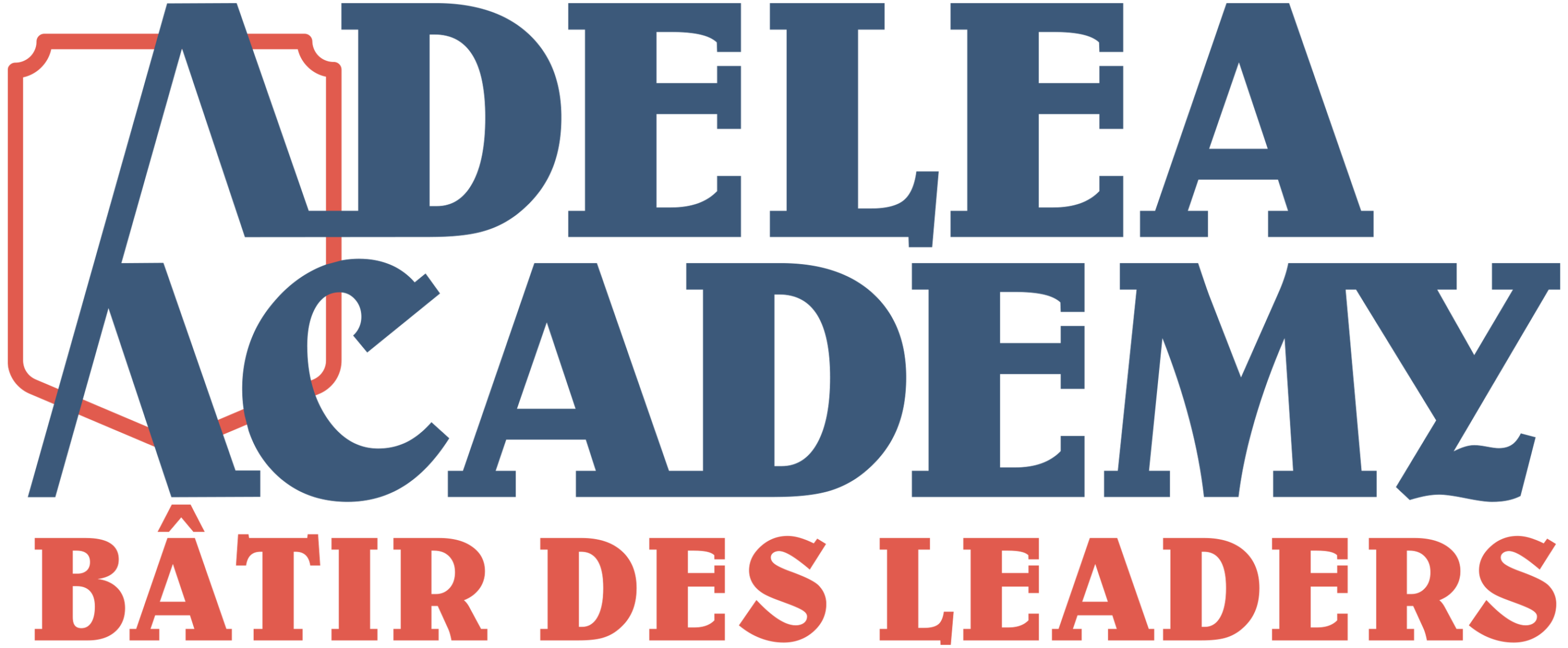
AN INNOVATIVE AND INSPIRING SCHOOL
- What is the specificity of AdéléA Academy compared to the so-called classical theological training?
Adela wants to shake up the codes and put the spirit of service into practice within its leadership and music training.
The Academy wants to test theological concepts, but above all to exercise and follow the initial vision of forming worshippers.
- Is it possible to take courses by correspondence?
- As Adela has a community and practical vision in its training, no distance learning courses are offered.
- How do I sign up?
- You can download the Adelea Academy Registration Protocol
- Send an email to: gracia.gangath@adeleacademy.ch
- Is it possible to attend classes as an auditor?
Yes, it is possible to register for modules.
- Is there any possibility of obtaining financial assistance?
We encourage you to ask your local church to contribute up to half of the tuition.
- What are the admission requirements for applicants?
- For a BA in Theology & Leadership in Worship, you have a basic education of twelve years (e.g., a vocational apprenticeship CFC or high school diploma or equivalent). You are involved in a church or Christian organization and a referring spiritual authority supports your decision for a theological education. You are eager to learn, able to work in a team, resilient and disciplined. We draw your attention to the leader camp which is mandatory for all students, before or after the beginning of the course.
- Is it possible, as a foreigner, to attend Adelaide Academy ?
Yes, as long as the candidate meets the requirements of the Swiss Confederation to reside in Switzerland.
- For applicants from a country that has signed the Agreement on the Free Movement of PersonsNo visa is required. However, in order to receive a residence permit for the duration of their studies, they must guarantee sufficient financial means so as not to have to rely on social assistance from the host country, and have health insurance covering all risks
- Residence for studies is regulated in accordance with article 24 of Annex 1 of the Agreement of 21 June 1999 on the free movement of persons (
ALCP
). - Countries that have signed the Agreement on the Free Movement of Persons :
- – EFTA: Iceland, Liechtenstein, Norway, Switzerland
- – EU: Austria, Belgium, Bulgaria, Croatia, Cyprus, Czech Republic, Denmark, Estonia, Finland, France, Germany, Greece, Hungary, Ireland, Italy, Latvia, Lithuania, Luxembourg, Malta, Netherlands, Poland, Portugal, Romania, Slovakia, Slovenia, Spain, Sweden, United Kingdom
- What are the specific conditions for students coming from a third country that is not a signatory of the Agreement on the Free Movement of Persons?
- Our political authorities require that applicants from third countries
the following conditions
. - The Swiss Confederation considers that the total cost of an academic year includes:
- – school fees
- – rents
- – residence permits
- – the various (mandatory) insurances
- – food
- – clothing
- – and anything else that may be necessary to follow a training course
- This represents at least the sum of about 25’000 Swiss Francs (CHF) per year by living in a very simple and economical way. This is an estimated budget.
- If this amount cannot be paid in advance, no certificate can be issued and consequently no VISA either.
- It is imperative that you first contact the Swiss representation in your country (embassy, consulate), whose contact information you can find using the link below, in order to inform yourself of the various requirements for obtaining a student visa.
- Can I stay on campus?
- Adéléa Academy works in partnership with the Lumen Home association to offer you housing solutions. Thank you for contacting us if you have any questions.
- Can I take the training while working part-time?
- We consider it difficult to combine full-time training with part-time work.
- What is an ECTS?
- ECTS is the acronym for “European Credit Transfer System”, in French “Système européen de transfert et d’accumulation de crédits”. This is a points system developed by the European Union to make it easier to read and compare the curricula of different European countries.
- One ECTS represents between 25 and 30 hours of work, including study time.

